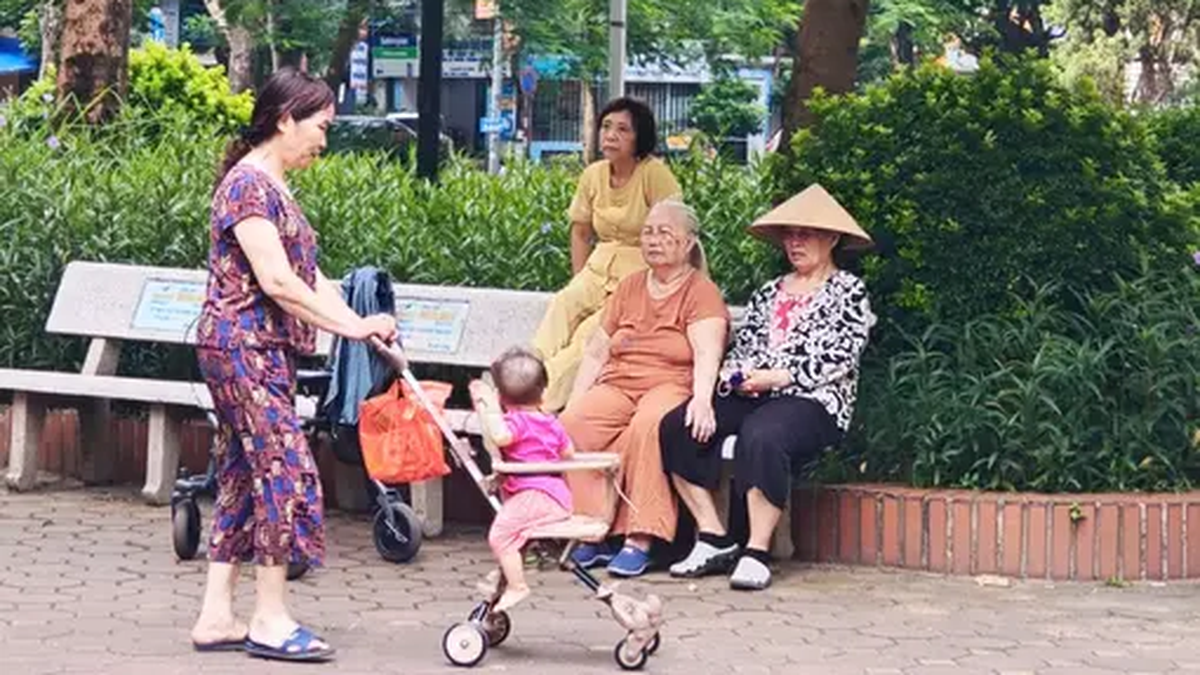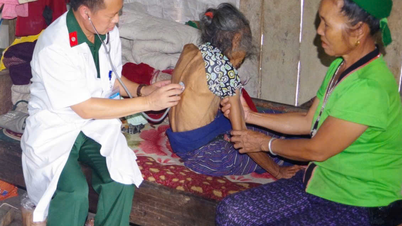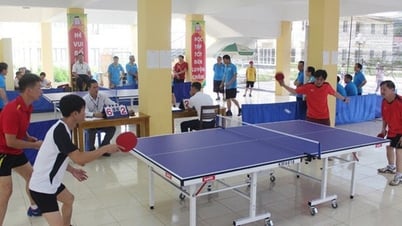Nowadays, with the busy pace of life, many families find themselves in situations where their children have to stay home alone, even for a short time. This is a potentially risky time if children are not equipped with enough self-protection skills. So what should parents teach their children so that they can stay home alone safely?

Teach children how to use and control electrical appliances
Electricity is a big danger to young children. Parents should teach their children to recognize dangerous electrical devices, how to turn on/off basic devices such as fans, lights, and televisions, but absolutely do not arbitrarily plug or unplug electrical plugs, do not touch electrical outlets with wet hands, and do not use electrical devices when not necessary.
Fire and explosion handling skills
Although no one wants it, fires can happen. Children need to know:
Do not play with fire, light matches or lighters.
Do not cook without your parents' permission.
Know how to turn off the circuit breaker when detecting a fire.
Know how to call adults or the fire department 114, and shout to neighbors when there is an accident.
Know how to find a safe escape route.
Skill to lock the door, do not open the door for strangers
This is the most important skill. Children must know:
Always lock the door when you are home alone.
Do not open the door if a stranger knocks, no matter what reason they give.
If a stranger insists on entering, call your parents or nearest relative immediately.
Telephone communication skills
Parents should teach their children how to use the phone to:
Contact parents, relatives, trusted neighbors.
Know your home address when calling for help.
Do not give personal information (address, phone number) to strangers who call.
Basic first aid skills
Children should be taught how to treat minor injuries, minor burns, and falls. Parents can teach their children to apply simple bandages, wash wounds with clean water, avoid touching deep wounds, and call an adult immediately.
Clearly define time and range of movement in the house
Set rules for children not to climb onto the railing, not to go onto the balcony, and not to open the door to go outside. Setting clear rules helps to limit unfortunate accidents.
Teach children to stay calm when encountering problems
It is important to help children understand that when they encounter a problem, they should not panic. Stay calm and find a solution or call for help. Parents should practice hypothetical situations so that children know how to react.
Make an emergency contact list
Parents should post a list of important phone numbers in an easy-to-see place, such as the refrigerator door: parents, grandparents, trusted neighbors, police, fire department, and ambulance. Children should practice dialing and speaking clearly when they need help.
Install cameras and alarm devices (if possible)
Installing a camera connected to a phone or an alarm will help parents easily monitor and support their children remotely.
Leaving children home alone should not become a regular habit, but in case of emergency, parents need to equip their children with the most basic skills so that they can protect themselves. Most importantly, parents must listen, remind, and practice regularly so that children remember and handle situations best when there are no adults around.
Source: https://khoahocdoisong.vn/cha-me-nen-day-con-ky-nang-gi-khi-o-nha-mot-minh-post1552013.html




































































































Comment (0)